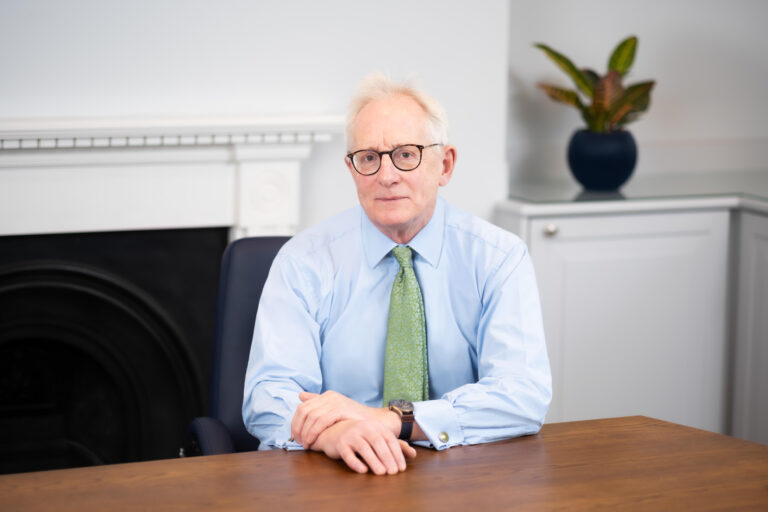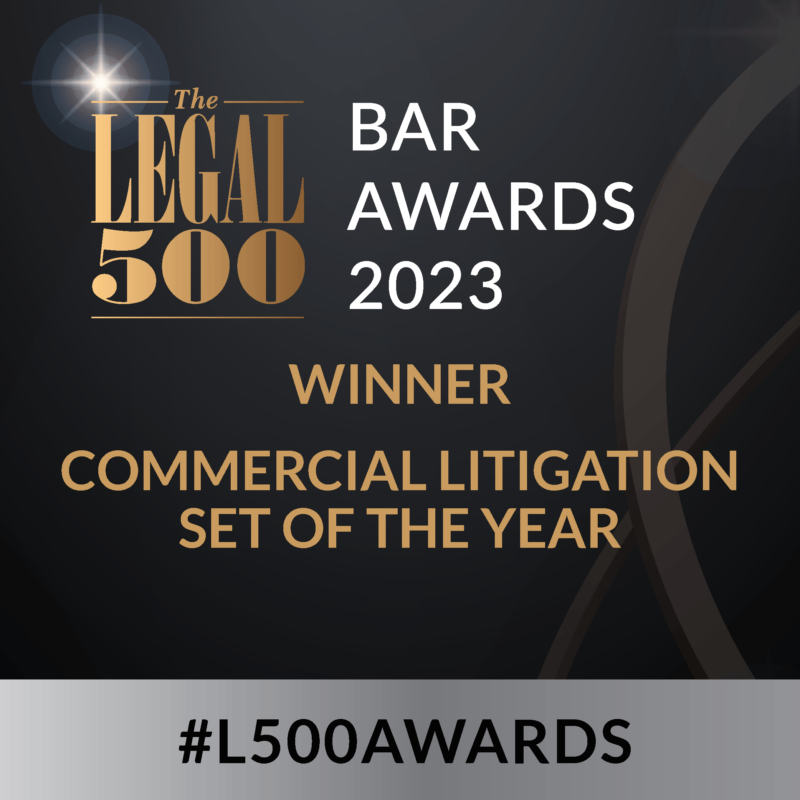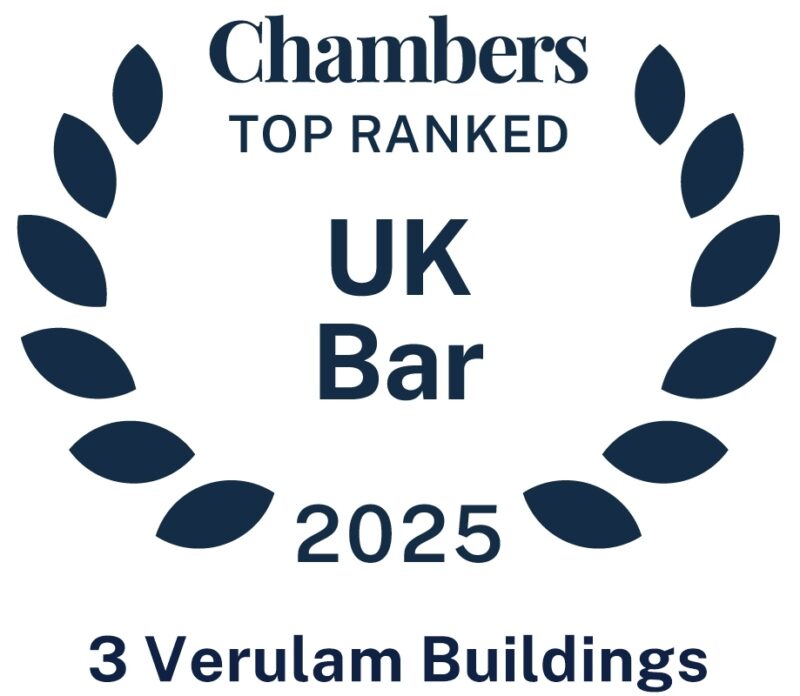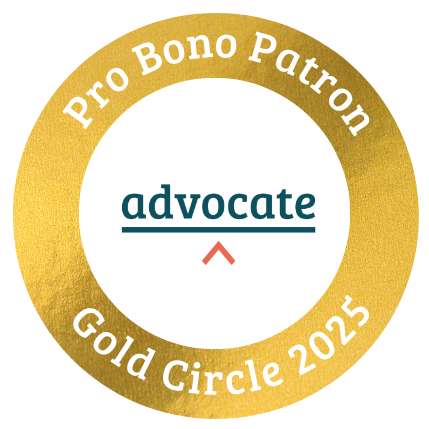Andrew Onslow QC and Richard Hanke succeed in obtaining declaration of beneficial ownership in US$87 million fraud claim
In Iranian Offshore Engineering Corporation v Zavarei [2020] EWHC 2497 (Comm) Andrew Onslow QC and Richard Hanke, instructed by Richard Little of Eversheds Sutherland, appeared for the successful applicant in obtaining a declaration that the respondent held the bulk of a substantial residential property on trust for her husband.
IOEC had obtained judgment in March 2019 against Ms Zavarei’s husband and others for US$87m in respect of a fraud relating to an oil rig (IOEC v Dean Investment Holdings SA & ors [2019] EWHC 472 (Comm)). None of the defendants made any payments in satisfaction of the Judgment. By this application IOEC sought a declaration that Ms Zavarei held a large residential property in England on trust for her husband. This would have the effect that it fell within the scope of a post-judgment freezing order that she had given over property that she held on his behalf. Ms Zavarei defended the application by seeking to show that she had contributed all of the purchase price for the property from her own money, putting forward a detailed case as to the source of that money. She contended that she was the beneficial as well as legal owner of the property.
HHJ Pelling QC rejected Ms Zavarei’s account of the origin of the money used to buy the property, holding that she and her husband had given profoundly unsatisfactory evidence. Through an analysis of all the available evidence he concluded that she held the majority of it on constructive trust for her husband.
The judgment is a useful illustration of the evaluative exercise to be conducted by a court when faced with disputed questions as to the beneficial ownership of a property and the role that financial contributions play in that exercise. It also contains a helpful analysis of the interaction between the legal burden of proof upon an applicant/claimant and the evidential burden upon a respondent putting forward a critical positive case, as well as the consideration of evidence where the available contemporaneous documentation is far from complete.
The five day trial took place wholly remotely in April. Andrew Onslow was taken ill after the evidence had been completed (he has since made a full recovery). Richard Hanke then successfully completed the case, with extensive written submissions and an oral closing. In post-judgment remarks he was warmly commended by the Judge.









